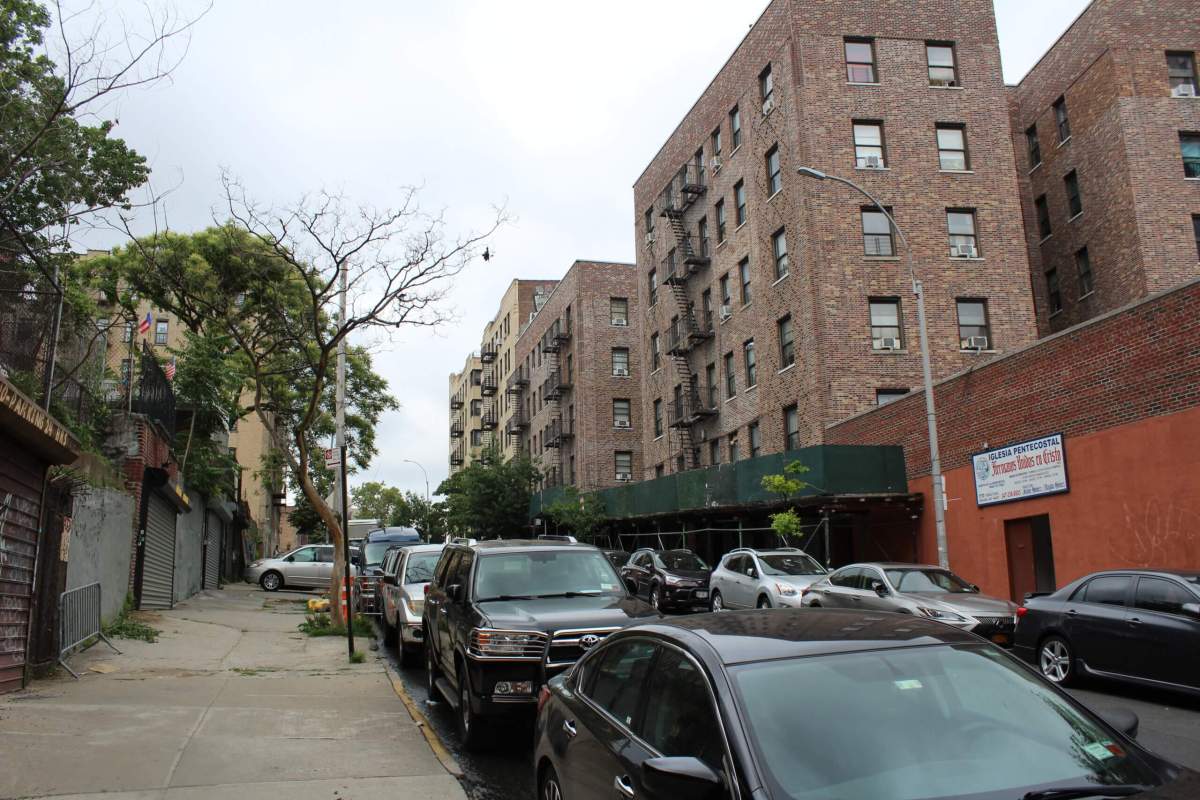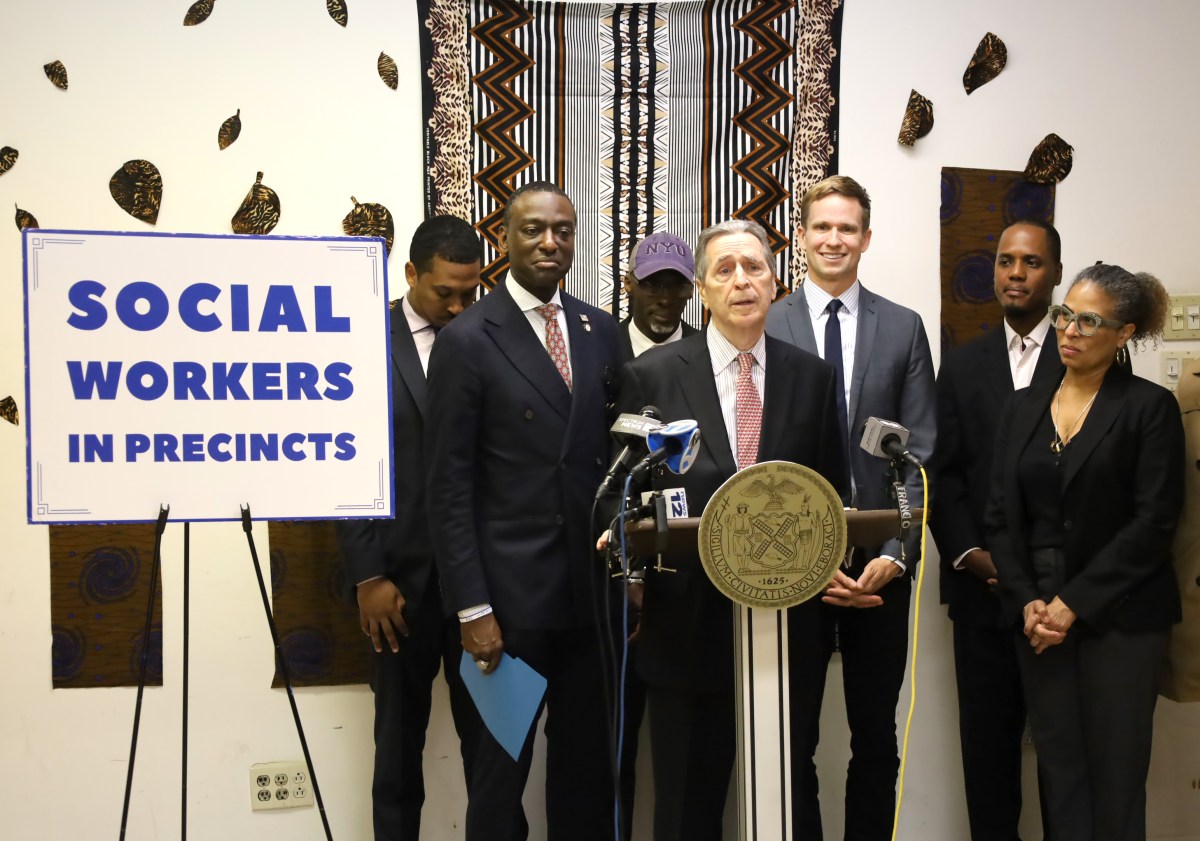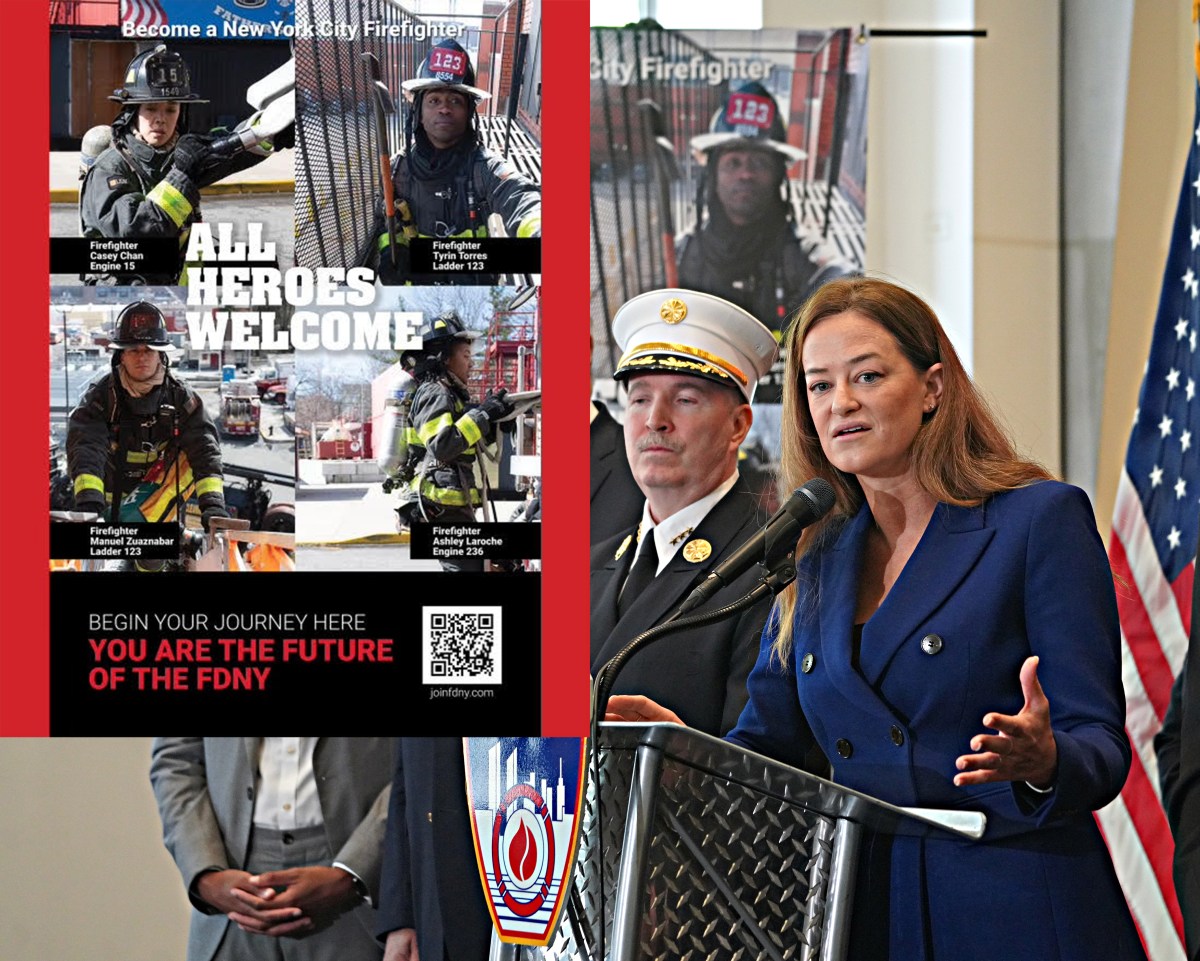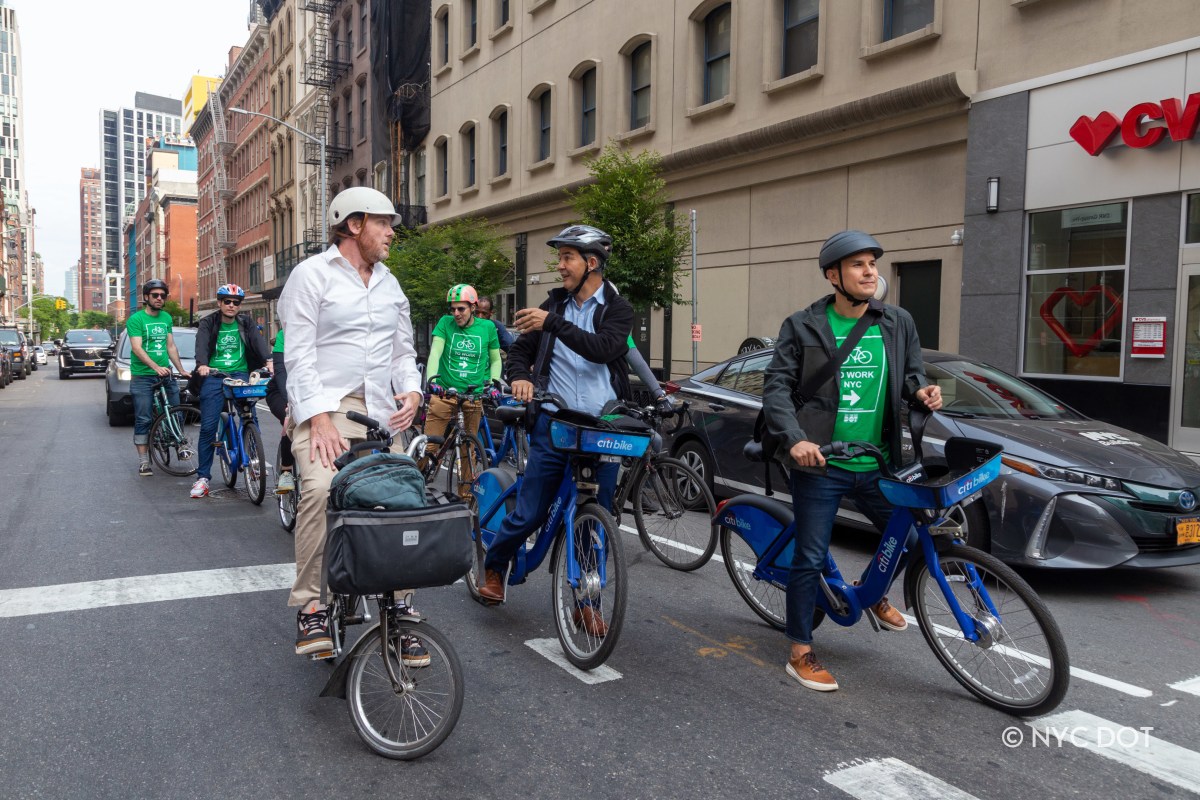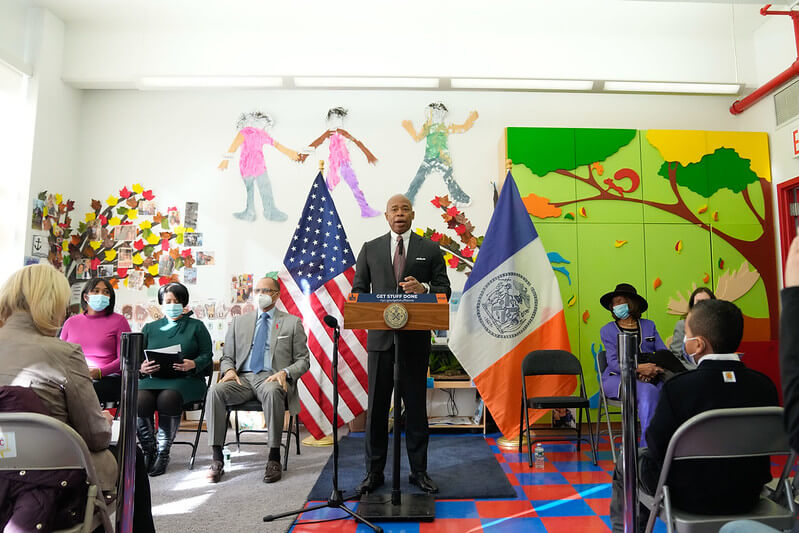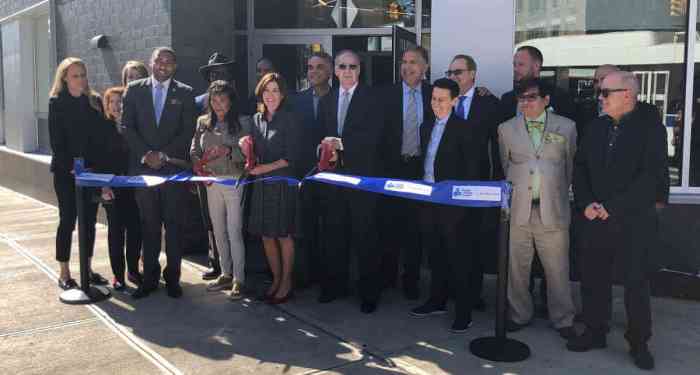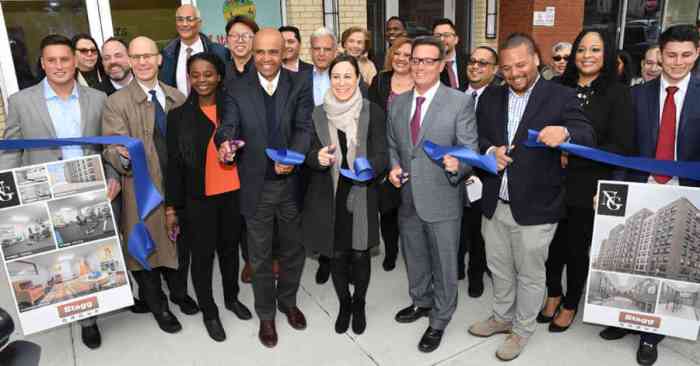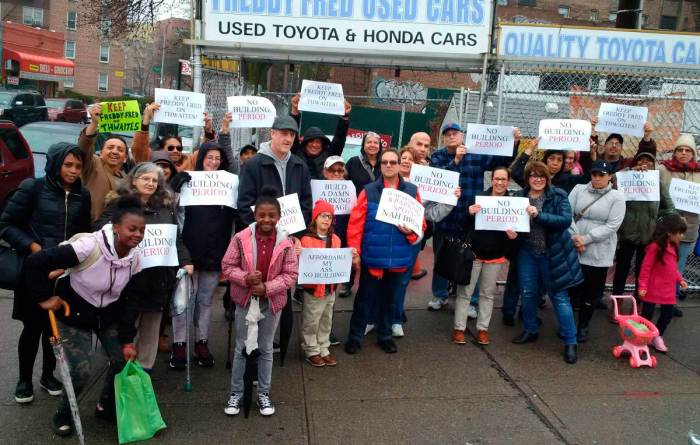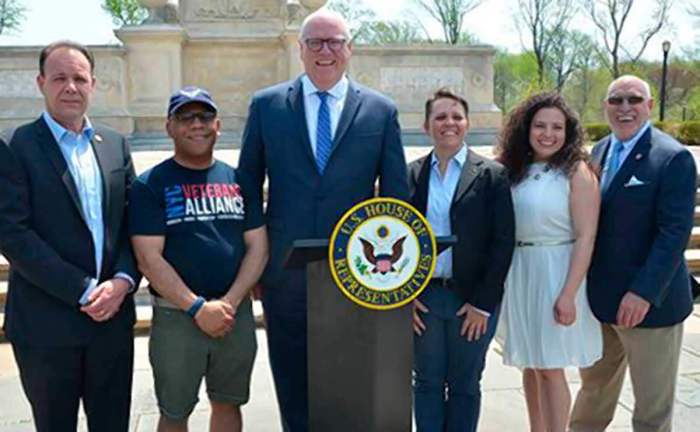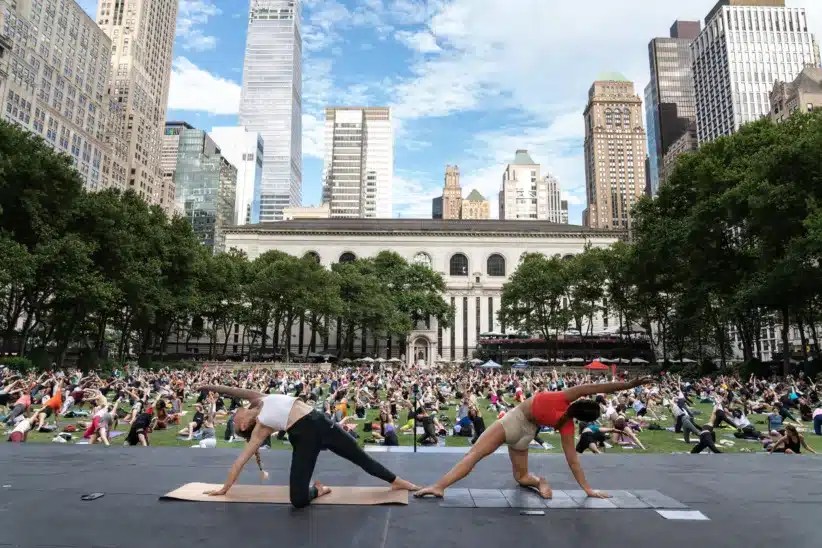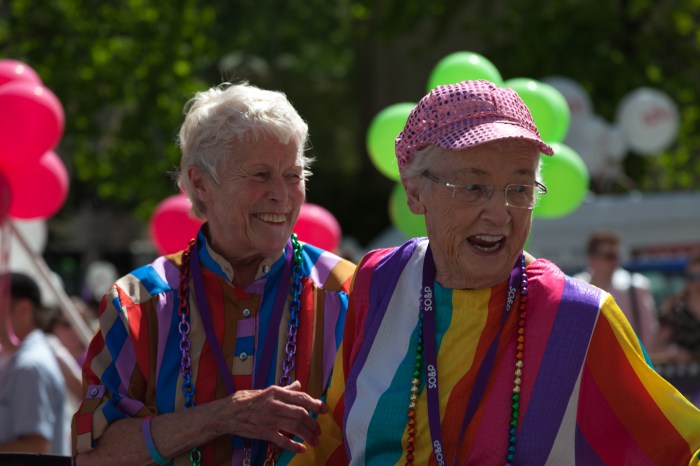To the Editor,
Tenant advocates and several city councilmembers disrupted New York City Rent Guidelines Board’s May 2 preliminary vote for rent hikes for rent stabilized tenants. The board recommended an increase of 2%-5% for one-year leases and 4%-7% for two-year leases.
Per a New York Times article, rent stabilized apartments make up about 44% of all New York City rentals and are home to roughly 2 million people.
Amid the affordability crisis, where are these tenant advocates in city planning rezoning hearings and why are these same pro-rent freeze councilmembers voting in favor of unaffordable developments, such as the recent 2560 Boston Road rezoning?
On March 29, the Department of City Planning (DCP) approved rezoning three lots, including the Fine Fare Supermarket lot on Boston Road from Barnes to Matthews avenues for mixed-use affordable housing consisting of 333 apartments. This approval was done despite DCP not meeting its legal responsibility to take a hard look at any significant impact this proposed project would have on the surrounding community. Per DCP’s Environmental Assessment Statement (EAS), data on its site as well as Census Bureau data, the project will significantly displace the surrounding community due to three major factors.
The first factor is that 40% of the units, 133 units, will be at 90% of Area Median Income (AMI), which requires income of $84,000 to $96,000 for one and two persons respectively for rents from $2,100 to $2,400 for studios and one bedrooms. The surrounding community’s median income is $45,000 and the average rent for a one bedroom is $1,500. Higher income requirements over existing incomes contribute to indirect displacement.
The second factor is the rezoning’s significant population increase of more than 5% of the existing population of the surrounding community within a 25-mile radius of the site. And the third but most important factor is the vulnerability of the community. Per DCP’s displacement risk map, this community is at highest risk of displacement. The community is more than 75% renters with more than 50% with no rent protections. The community is more than 30% at poverty level and the majority is foreign born, low skilled and English isn’t their primary language.
This approval will not only displace our community, but it continues pumping up the U.S. Department of Housing and Urban Development’s (HUD) AMI for New York City. Per 6sqft article, HUD’s AMI is based on the city’s rising rents, not actual incomes and this AMI is used for proposed projects financed by NYC Department of Housing Preservation and Development (HPD) that not only can displace existing residents but makes the city more unaffordable. In fact, HPD’s survey found between 2017 and 2021, the city lost 96,000 low-cost units renting for less than $1,500 and gained more than 100,000 with monthly asking rents above $2,300.
On May 11, our City Councilmember Marjorie Velázquez and the rest of the City Council voted unanimously for the 2560 Boston Road Rezoning as affordable housing. The city defines affordability as income-restricted, meaning a household pays no more than 30% of its income in gross rent. It doesn’t seem to consider that the surrounding community can’t meet the income requirements to apply for these apartments.
Recently, HPD launched an affordable housing lottery for 2279 Barker Ave., less than a mile away, open to income of $99,000 and above.
The rent is too high, people are being pushed out and we need our leaders to not just fight against rent hikes but more importantly not approve housing developments that the community can’t afford to live in. Developments that will displace our community as well as continue pumping HUD’s AMI. The City Council approval of affordable housing, not income eligible to the surrounding community, has significantly contributed to the housing and affordability crises tenants in our district and throughout the city face.
Roxanne Delgado
For more coverage, follow us on Twitter, Facebook and Instagram @bronxtimes

